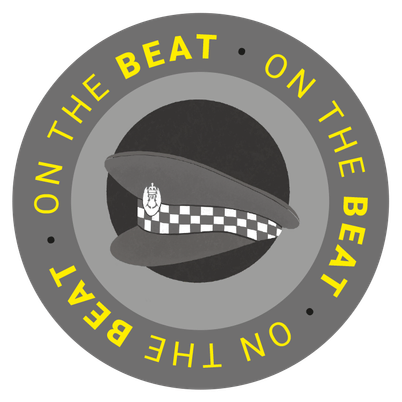Nearly 10,000 Scots were refused a blue badge last year, a rise of more than 60 per cent from two years ago.
Research by 1919 found 9,450 applications were turned down for the disabled parking permits in 2023, a rejection rate of around 10 per cent.
An ageing population and complex online systems run by cash-strapped local authorities have been blamed for the surge.
In Glasgow alone more than 2,000 applications were unsuccessful last year, while near two-fold increases were also recorded in the Borders, North Ayrshire, Perth and Kinross, and West Lothian.
Only one local authority – Inverclyde – saw a drop in the number of failed bids.
“I suspect that there will be increasing numbers of applications due to the growth of an ageing population,” said a spokeswoman for Disability Information Scotland, an Edinburgh-based charity.
But they also pointed to the changing ways councils are dealing with applications, with more emphasis on online interactions and increasing difficulty in speaking to someone directly about a submission.
That means mistakes made in the application process can be harder to resolve, resulting in rejections when previously problems could have been resolved on the phone and the application rubber-stamped.
“The people who seem to have the most difficulty are those who are digitally excluded”
Disability Information Scotland
“People we speak to come against a lot of issues when applying for blue badges where it is very difficult to contact teams and where there are long delays in processing,” the organisation told 1919.
“The people who seem to have the most difficulty are those who are digitally excluded and cannot access the internet because of disability, lack of a connection, or lack of digital skills.
“Many councils are hard to get on the phone.”
Other charities in Scotland said delays in processing Adult Disability Payments could also be contributing to the rise.
If applicants do not receive their award letters, they may struggle to provide supporting evidence for their badge.
One disability campaigner, who asked to remain anonymous, added: “We think more elderly people are applying for discretionary badges on a whim. It could be they think they may qualify, but when the assessment is carried out they don’t just get awarded it on age alone.”
There are thought to be around 90,000 blue badge applications per year in Scotland.
Such applications can be refused for a number of reasons.
Reasons for rejection range from the applicant not meeting the criteria, to a failure to pay or supporting documentation not being provided.
Many are asked to undergo further assessment and get the permit issued at a later date, whereas some simply apply to the wrong local authority.
Cosla – the umbrella group for Scotland’s councils – said it was unable to comment as blue badge policies were a matter for individual local authorities.
A spokesperson for Glasgow City Council said officials in the city had raised the issue of making online forms easier to fill in at national level, although the increase in rejections “is not easy to pinpoint”.
They added: “Every application is dealt with on a case-by-case basis and we use all the information available to us, both provided by the applicant and through relevant bodies such as DWP and Social Security Scotland, to make an informed decision.”
